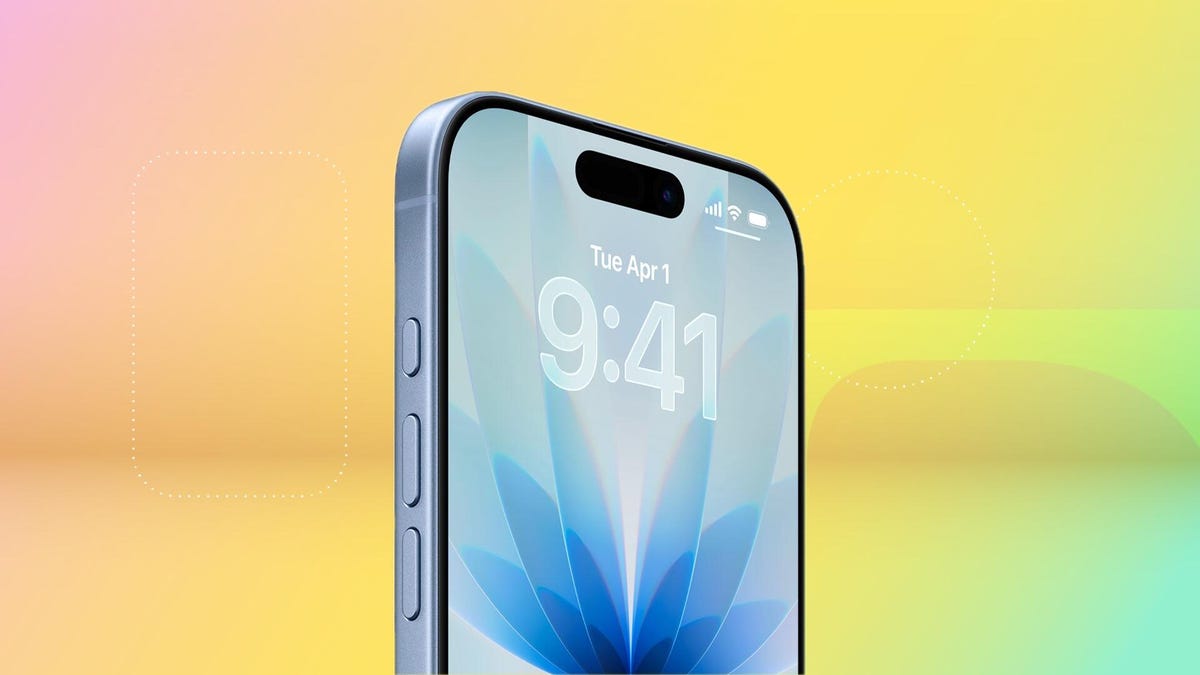I come from the era of Lycos, Yahoo and AltaVista. And I find it amusing that we have a generation of people who will probably say — what are those? For over two decades, Google search has worked by indexing websites, like a massive library catalog. It scanned and stored pages and then showed you that list of blue links to click.
Finding what you want can often be frustrating: it’s up to you to sort out relevant and useful links from junk, scams and ads. But it’s familiar.
With the world busy being transformed by AI, it’s only inevitable that search will have to keep up. Already, users turn to ChatGPT instead of ‘Googling’. If Google doesn’t reimagine its search engine, it could find itself at a huge disadvantage.
If you look at the search page, at the extreme left you’ll see a new tab — AI Mode. For now it’s optional, but in the near future it may not be. This goes beyond just pointing you to sources. Instead, it aims to directly answer your questions, summarise information, and even help you complete tasks, all from the search page itself.
This new approach uses advanced AI models from Gemini to understand context, generate natural language responses, and combine information from many sources in real time. The result? You spend less time clicking around and more time getting immediate, conversational answers. It’s changing from a search engine to an answer engine.
You may have already noticed AI Overviews, a mini version of AI Mode, which appears for certain searches. That gives you a good idea of what the full AI Mode is shaping up to become.
Ready or not, here I come
But are we ready for this seismic shift in something that we do several times a day? Probably not. In fact, it’s going to be a bit of a shock. Even though it sounds good to have some entity do all the hard work of looking through pages and coming up with a neat and quick explanation with no extra clicking, saving us time and effort, it’s just not what we’re accustomed to. Inevitably, many users will just want to do things the old way.
The AI shift raises other questions. Can we still see those linked websites? They’re actually still there, but tucked away further down and no longer the first thing we see. For those of us who love to compare different sources and decide for ourselves, this new setup might feel a bit limiting.
Another big question concerns the choice of what content is summarised. With the old way, the choice was more or less ours. Now, it’s the AI that chooses and we just have to trust it. As AI is notorious for making mistakes and downright hallucinating, the accuracy of the information in summaries we get will be in question. The sources are given, but they will not be so easy to see. When Google’s AI picks which pieces of information to highlight first, it is in effect deciding what story gets told. That raises questions of fairness and transparency, and whether we still have the freedom to explore the web on our own terms.
On a practical level, some people might love the new mode. If you’re asking a simple question like the age of a celebrity or the weather tomorrow it’s fast and easy. But for more complicated topics, or when you want to get a feel for different perspectives, you end up doing more work to find the details.
Threat to the open internet?
There are ripple effects beyond just our own screens. Many websites and publishers rely on us clicking through to survive. If fewer people visit their pages because links are presented differently, these sites may lose ad revenue. Over time, we may see less freely available content, and the open, diverse internet we once took for granted could start to shrink.
This doesn’t mean it’s all doom and gloom. Some people will embrace this new way of searching and appreciate not having to wade through dozens of links. Others will miss the feeling of exploring and stumbling upon unexpected gems.
In the end, each user will need to decide how much to rely on these AI summaries and how often we still want to dig deeper. Maybe we’ll learn to balance the convenience of a quick answer with the satisfaction of discovering things for ourselves.
AI Mode is currently available to users in the US and India, where Google has a massive user base. Feedback from users is needed before the feature is rolled out fully and everywhere. You can be sure Google will have a close eye on the reception.
The New Normal: The world is at an inflexion point. Artificial Intelligence is set to be as massive a revolution as the Internet has been. The option to just stay away from AI will not be available to most people, as all the tech we use takes the AI route. This column series introduces AI to the non-techie in an easy and relatable way, aiming to demystify and help a user to actually put the technology to good use in everyday life.
Mala Bhargava is most often described as a ‘veteran’ writer who has contributed to several publications in India since 1995. Her domain is personal tech and she writes to simplify and demystify technology for a non-techie audience.




